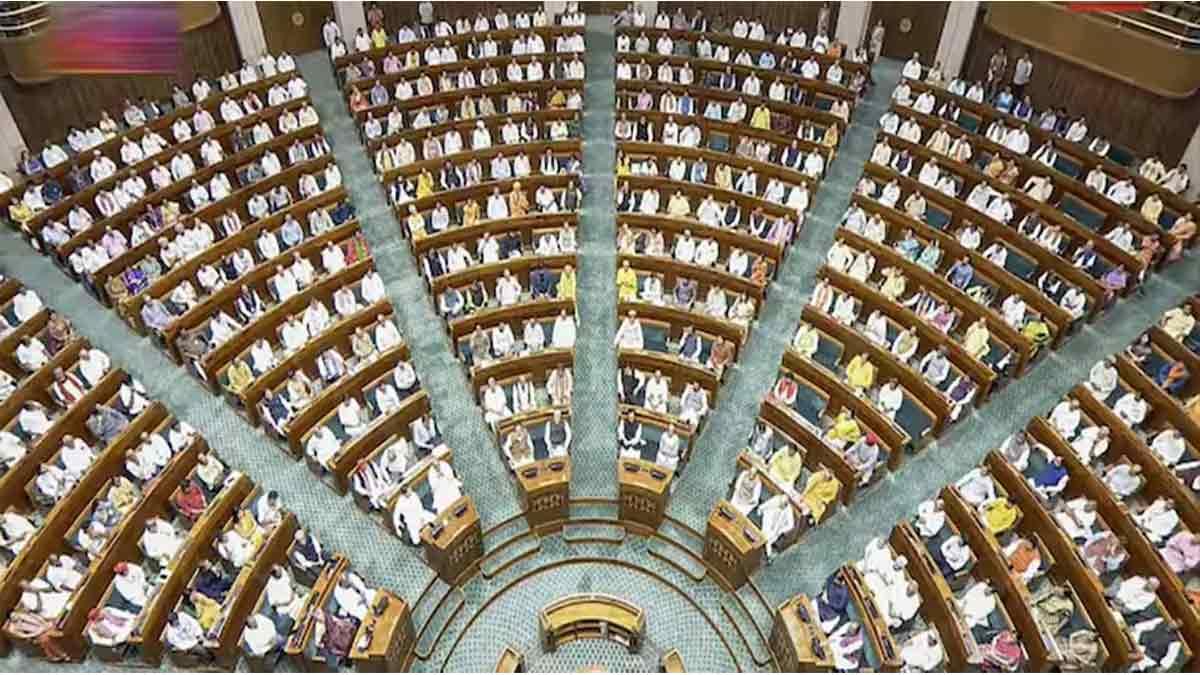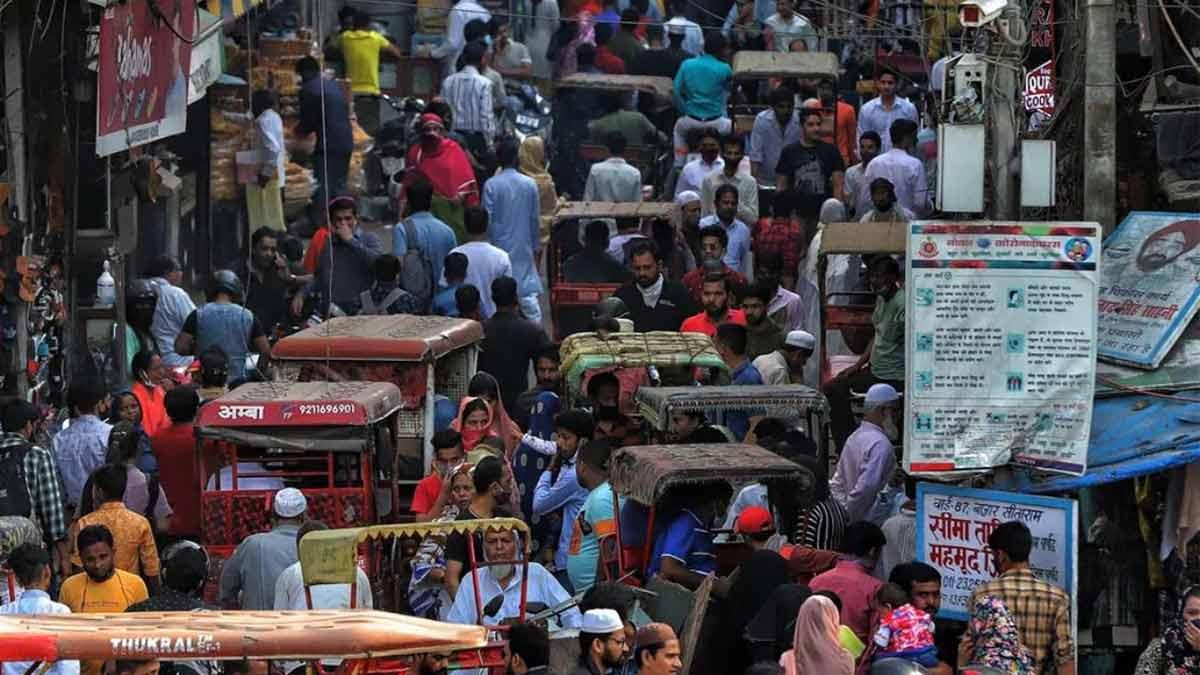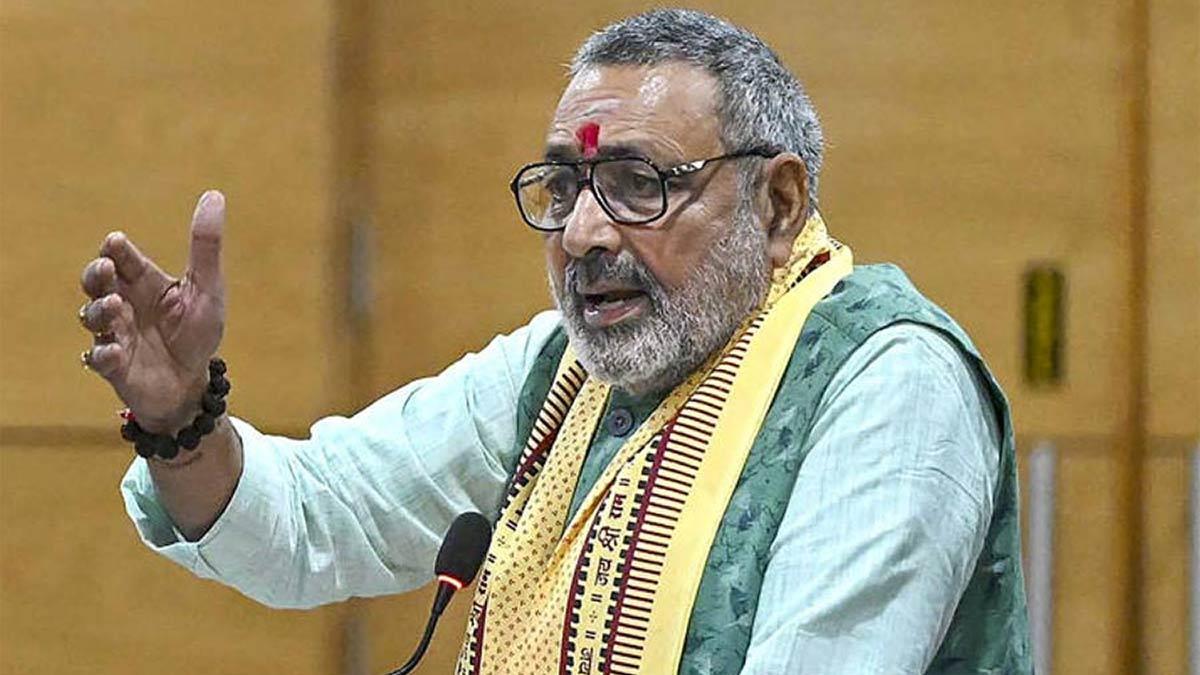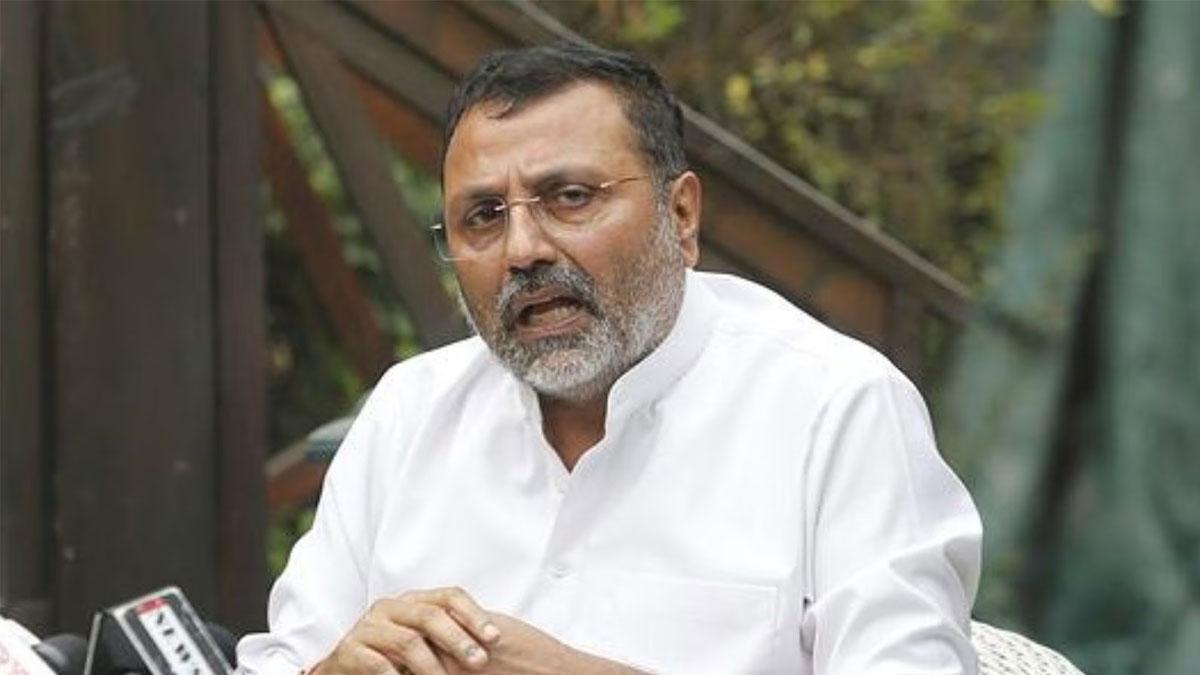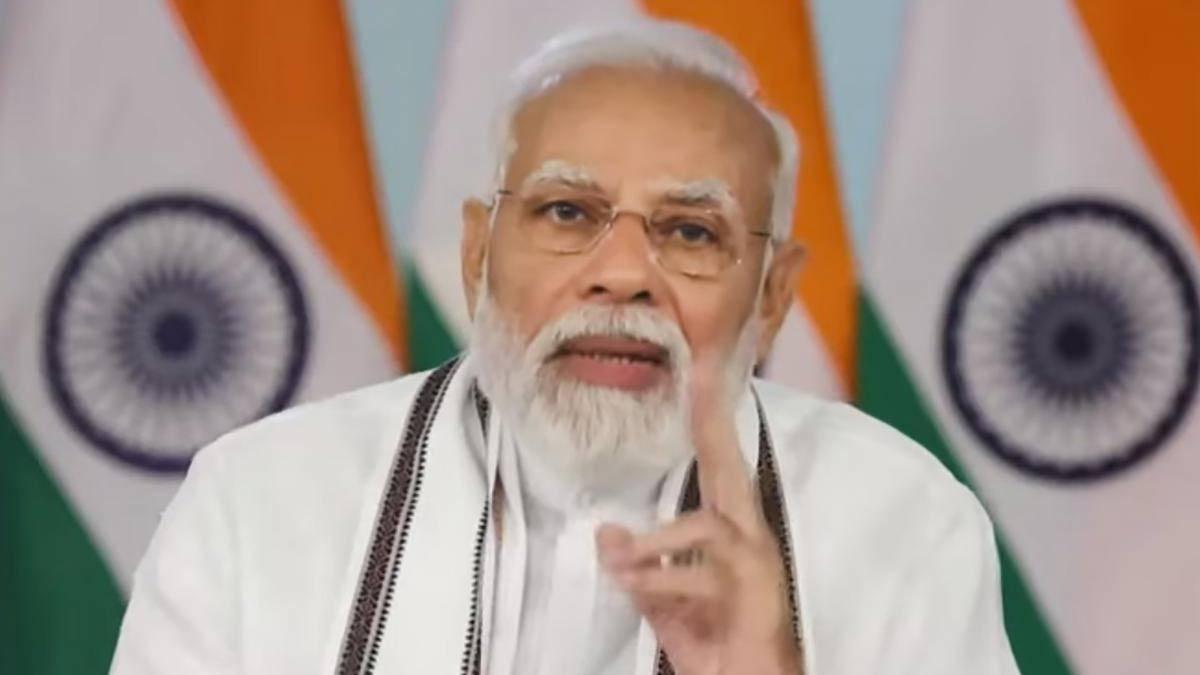The Waqf (Amendment) Act, 2025 came into effect on Tuesday, as confirmed through a Gazette notification issued by the Central Government.
President Droupadi Murmu had approved the bill on Sunday, two days after the two Houses of Parliament had cleared it.
As per the official Gazette notification, "In exercise of the powers conferred by sub-section (2) of section 1 of the Waqf (Amendment) Act, 2025 (14 of 2025), the Central Government hereby appoints the 8th day of April, 2025 as the date on which the provisions of the said Act shall come into force."
The new act brings about substantial amendments to the initial Waqf Act. Some of the key changes include the separation of trusts from Waqf institutions, the inclusion of digital mechanisms for property management, and the creation of a centralized online portal to enhance transparency. The Act also provides that only practicing Muslims can donate property as Waqf.
In addition, the new law recognizes the rights of women in family Waqf cases and provides protective clauses for 'Waqf by User' land—property traditionally used by the community.
The Bill was approved in the Lok Sabha earlier during the week, after which it was cleared in the Rajya Sabha in the early morning hours of April 4, following an exhaustive 17-hour-long sitting.
Prime Minister Narendra Modi termed the Act a "watershed moment" for India's overall effort to modernize and reform Waqf asset governance.
Government officials say the amended Act is intended to enhance transparency, foster accountability in the management of Waqf properties, and provide inclusive representation of diverse Muslim groups in the Waqf Boards.
In spite of the government's claims, the bill has been met with intense opposition. A number of political parties have criticized the ruling government for employing the amendments to further communal polarizations.
Since the enforcement of the law, a number of Public Interest Litigations (PILs) have been presented in the Supreme Court, questioning the constitutionality of the Act.
Anticipating these court battles, the Centre has already filed a caveat in the Supreme Court, requesting that no ruling be issued until it hears the government's side.
Read also| Three More Hurriyat Factions Embrace Indian Constitution
Read also| During Amit Shah’s Kashmir Tour, Another Hurriyat Leader Steps Down

